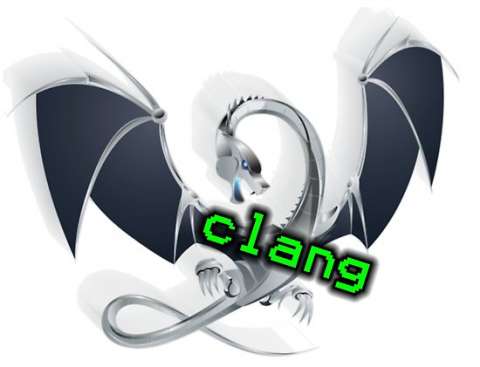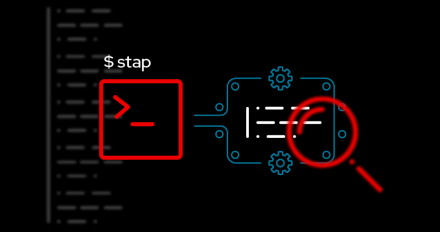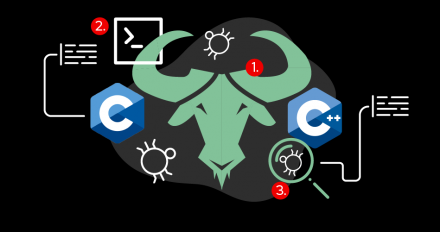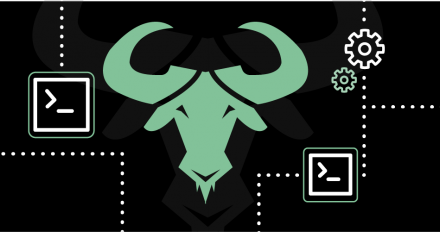GCC
GCC is the featured component of Red Hat Developer Toolset (see above) which includes:
- A full development toolset of GCC (C, C++, and Fortran), GDB, SystemTap, Valgrind, OProfile, and much more.
- Frequent updates - DTS for Red Hat Enterprise Linux 7 is updated semi-annually.
- Red Hat developer support - each major update is supported for 2 years.
- Upwards compatible compiling: compile on one major Red Hat Enterprise Linux release, and then deploy on both that version and the next major release.
- Red Hat Developer Toolset also delivers the latest stable tools faster to help developers more quickly create, diagnose, and debug applications in development.
When installed, Red Hat Developer Toolset does not replace the default system tools included with Red Hat Enterprise Linux 6 or 7. Instead, a parallel set of newer tools is provided for optional use by developers. The default compiler and debugger, for example, remain those in the base Red Hat Enterprise Linux system.
The companion tool, Eclipse IDE, is also available.








